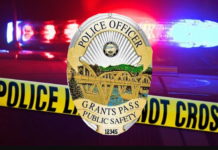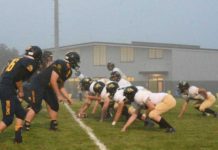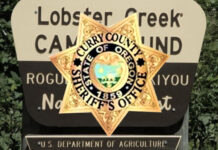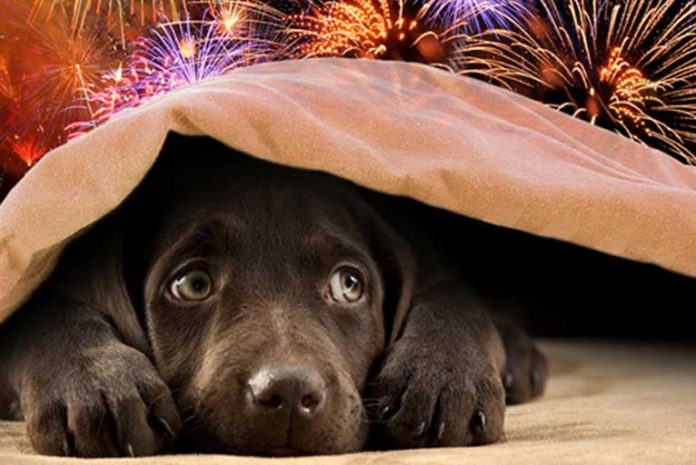4th of July celebrations might be a lot of fun for people, but they can be downright scary for our animals, especially cats, dogs and horses. The sights, sounds and commotion of Independence Day can confuse animals and make them nervous, which can cause them to run away or place themselves in harmful situations. Keep your animals safe with these tips.
The Wild Coast Compass contacted a local veterinary clinic for some advice on making the 4th of July easier on our pets and following the Oregon Veterinary Medical Association guidance, this what they recommend to keep our pet family members comfortable during this very stressful time for them.
To help keep your animals from becoming overly stressed this 4th of July, consider the following tips:
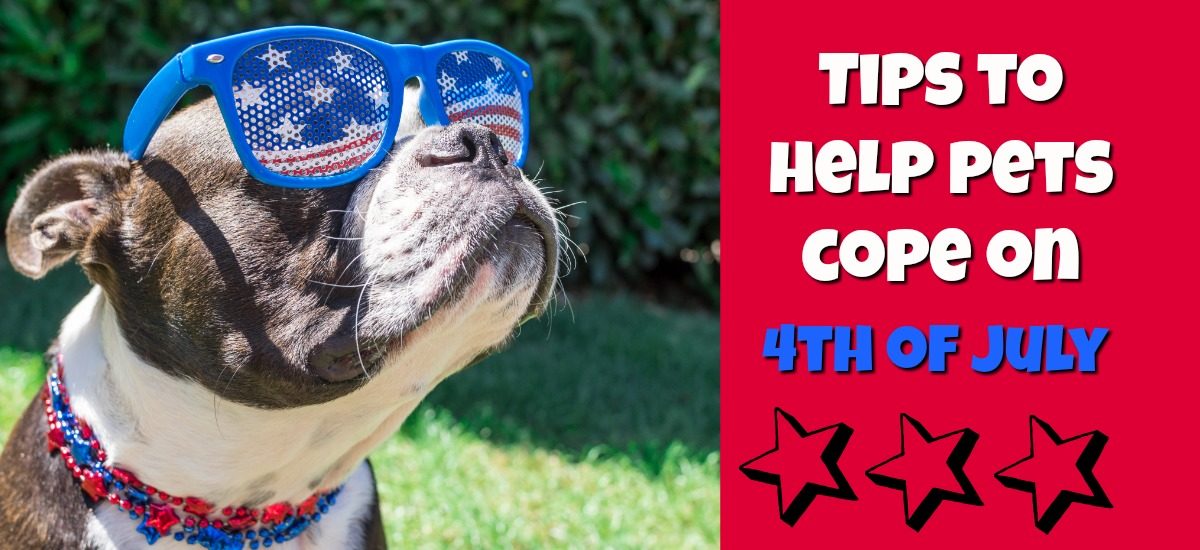
Do not take your pets to fireworks displays.
Keep pets indoors and away from crowds so that they feel more protected. Due to the noise, dogs may try to dig out of yards, so keeping them inside is a good choice.
Animals that are already crate trained may feel safest in their crate.
A fan or other “white noise” can help mask the sound of fireworks.
Consider boarding your animals in a safe place that is farther away from the holiday action. If you plan to travel during this time, boarding your animal might be a better option than leaving it at home.
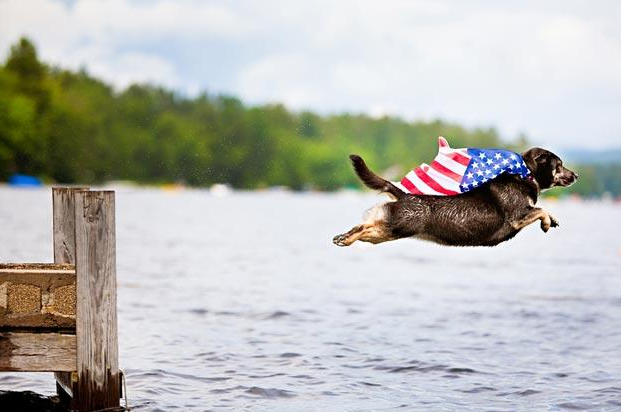
Early behavior training can desensitize your animal to holiday commotion. It is important to teach your puppy (ideally) or dog how to handle loud noises through positive conditioning. Do not punish your dog for being scared by thunderstorms or fireworks.
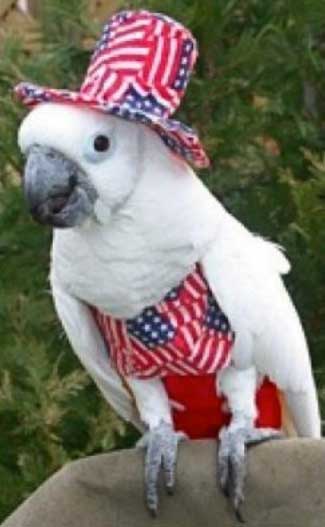
Your veterinarian may choose to prescribe a sedative for your animal if it tends to become easily spooked by the fireworks. Remember that your animal must be seen by a veterinarian in order to receive any prescribed medications.
The 4th of July is also a good time to make sure that your pet is wearing an ID collar and is micro-chipped.
Keep pets away from fireworks, matches, lighter fluid, as well as the food and drinks (including alcohol) that may accompany 4th of July celebrations.
If your pet does become lost check the neighborhood (or area where the pet became lost), as pets have been known to be found close to home even several days later.
Put up signs with your pet’s photo and your phone number. It is recommended to use only your first name and not include your home phone number on the notice. A cell phone number is preferable, as it cannot easily be traced to your home address via online searches.
Please Like, Share and Follow the …




